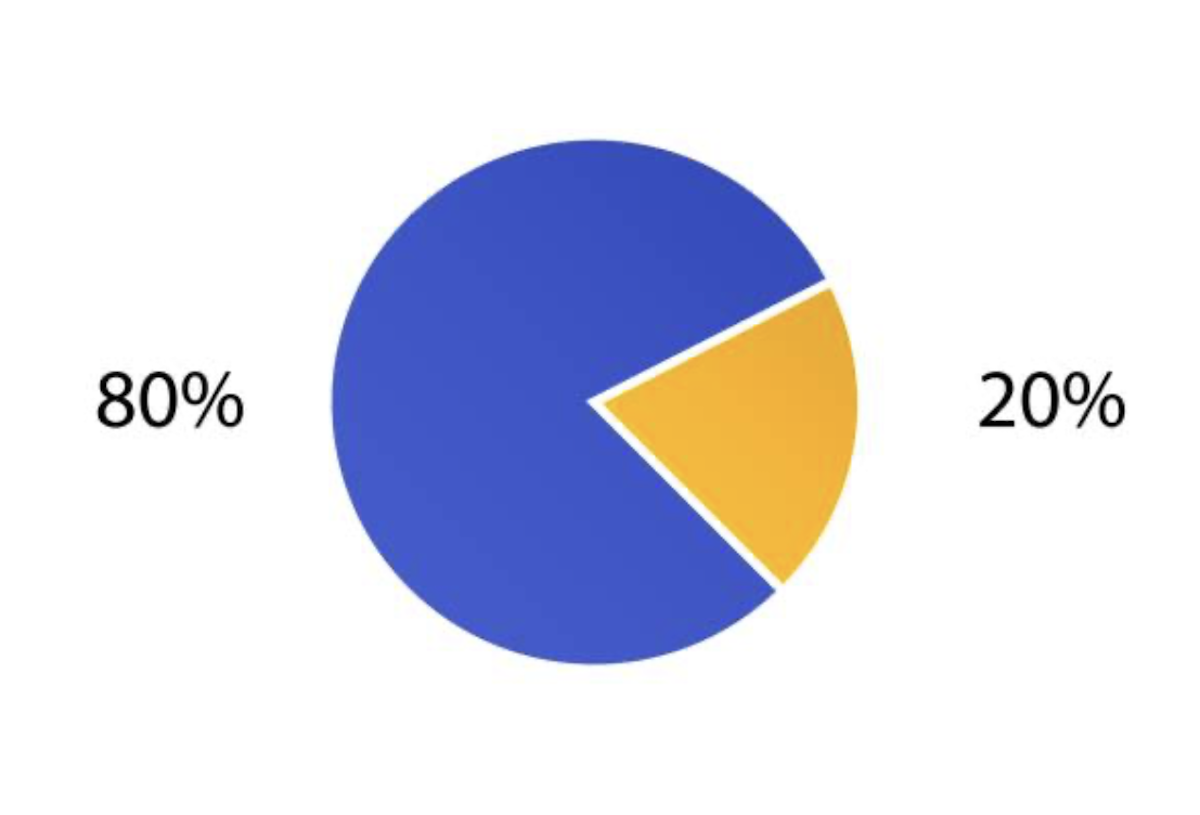Every day, individuals make various money decisions that can have an impact on their financial well-being. Some common money decisions made on a daily basis include:
- Spending Decisions: Choosing how to allocate your money on a daily basis is a significant money decision. This includes decisions about purchases, whether they are essential needs or discretionary wants. It involves considering the value, necessity, and affordability of each spending choice.
- Budgeting: Deciding how to manage your money within your budget is an ongoing decision. This involves prioritizing expenses, setting limits, and making choices that align with your financial goals. Daily budgeting decisions may include adjusting spending in certain categories, finding ways to save, or planning for upcoming expenses.
- Saving Decisions: Making decisions about saving money is crucial for financial stability and future goals. It involves determining how much to save, which savings accounts or investment vehicles to use, and setting savings targets. Daily saving decisions may include choosing to put money into savings rather than spending it, automating savings transfers, or considering different savings strategies.
- Debt Management: Managing debt is an important daily money decision for those who have outstanding loans or credit card balances. This includes deciding how much to pay toward debt each day, making timely payments to avoid penalties, and considering strategies to pay off debt faster, such as debt snowball or debt avalanche methods.
- Investing Decisions: For individuals involved in investing, daily decisions include managing investment portfolios, considering market trends, and deciding on potential investment opportunities. This could involve buying or selling stocks, adjusting asset allocations, or researching investment options.
- Income Generation: Decisions related to income generation can impact your financial situation. This includes decisions about pursuing job opportunities, negotiating salaries or contracts, considering freelance or side gigs, or exploring entrepreneurial ventures.
- Financial Planning: Engaging in financial planning is an ongoing money decision that involves setting long-term financial goals, developing strategies to achieve them, and regularly reviewing and adjusting plans. Daily financial planning decisions may include evaluating progress toward goals, making adjustments to financial strategies, or seeking professional advice.
- Risk Management: Considering and managing financial risks is a daily decision-making process. This includes assessing insurance needs, determining appropriate coverage levels, and making choices to protect against potential risks.
These are just a few examples of the money decisions individuals make on a daily basis. Each decision, no matter how small, can have cumulative effects on your overall financial situation. By making informed choices and being mindful of your financial goals, you can develop healthy financial habits and improve your financial well-being over time.




